Important challenge presented by suppliers and the use of disposable plastic products: India is known for its variety of flavors and wide choice of other options, both in terms of street foods and other kinds of street exhibitions.
Every city in India has its own unique history, and this past is reflected in the cuisine of its streets.
There are many merchants who sell food on the street for generations and raise their handicrafts so they can offer dramatic, entertaining shows while providing authentic guidelines passed down from their fathers. Many of these directives are passed down through family guidelines from generation to generation.
Normally, food is discarded in disposable plastic sheets designed for one-time use and as soon as the restaurant finishes eating them. Both the working class and the wealthy of India who often stop to eat are ideal candidates to adopt this concept because it is totally ideal for a way of life in India.
Dining containers are responsible for a substantial portion of single-use plastic that helps our overall area. The dish consists of plates, spoons, and forks of plastic prepared for the evening meal. India is estimated to produce 5,600 tons of plastic waste every day.

Most vendors prefer to use disposable silver, as it will allow them to serve more customers, which is especially beneficial during peak periods, and would save a lot of time from consuming washing plates.
The fast-food industry adds more gasoline to the fire, as it uses a wide range of packing tactics to make its products more delicious to the consumers who are interested in buying them. Plastics play an important role in the development of modern “resistant” packaging techniques.
These techniques are used to prevent items from opening before delivering them to the intended destination. Even if a significant amount of work is consumed to maintain the minimum amount of material used in the packaging, a significant amount of these materials are not biodegradable.
It’s not unusual to find, not far from these vendors, small piles of garbage, most of which include discarded plates and utensils whose customers have left. These garbage heaps are often seen. It’s a wonderful sight to see.
Street food vendors who tend to reuse the pages often do so by washing their list of spoons and forks as used by customers. It helps clean sheets for next customers.

Pages used more than once may be made of plastic or metal. They often have very limited time to do so while preparing containers to fulfill customers’ orders. This can lead to a lack of properly washed dishes, which can lead to a wide range of health and safety concerns, including the chance of exposure to E. coli and other infections.
This can cause various health and safety concerns. Washing the pots alone is not enough to kill the bacteria that can cause disease. This is especially true of environments that may be difficult to clean, such as roads.
At the IISc Bangolore’s Reconcept Hachathon exhibition, where a group of innovators came together to produce products to reduce our urban plastic footprint, my friends and I were told to work with this. Our goal was to find ways to reduce the amount of plastic used in urban environments.
Our task is to create solutions to reduce the amount of plastic used in urban environments. We work in an important collaboration with waste collection, also known as “parikramas” in native native Aboriginal, to learn the basic challenges they face during the production cycle and waste collection.
They faced several challenges, including manual sorting of various types of waste and garbage accumulation in public spaces created by food vendors working in the streets.

In recent years, companies distributing food have become a significant contributor to waste produced by single-use plastics. The process is expected to continue in the coming years. When a customer orders that food be delivered instead of eating at a restaurant, the food should be packed in disposable containers so it can be delivered to the customer. This will ensure food remains fresh during delivery.
After they have served their purpose, these containers are not made for recycling and must be discarded after they reach the end of their useful life. For this reason, companies involved in food distribution, choosing to produce packages that are not complex and are environmentally friendly, or choose their own product supply, which is unique and attractive, are in a difficult situation.
If food centers and delivery services are needed for greater responsibility for waste that is produced indirectly due to their operations, these businesses will place a higher priority in using environmentally friendly packaging instead of conventional plastic packaging.
Biodegradable containers are a great choice for the conditions where the container is only used for a short time, such as food delivery, compared to plastic packaging, which is commonly used for food that needs to be stored for a long period of time. Plastic packaging is usually used for food that should be stored for long time.

The replacements used today are made of paper or fiber and have no components of plastics. The amount of time needed to break a unit of this package is still too large when compared to the period that it will be used, this choice is less than ideal.
In the future, it is necessary to develop appropriate strategies for the distribution of food that packaging can be related to circular economy in a more efficient way to produce less junk. This is essential for us to reduce the amount of waste we produce.
Due to technological advances, plastic production is subject to many changes. Recent advances in injection molding technology have allowed complex and plastic geometric shapes to be produced in large quantities.
In addition, plastics are scientifically engineered materials known for their ability to maintain stability in the production of plastic parts.
Demand for plastic affects a variety of industries, including the automobile, medical, electrical and electronic industries. The plastic industry ensures that the final product complies with all laws and regulations imposed by the United States.
The use of plastic material can provide excellent solutions for industrial parts. Other plastics and polymers offer different solutions, because they can be made with such a wide variety of properties.

For example, you can make plastics that are either rigid or flexible, almost any color, or smooth or textured. IMS has an advantage that is aware of the inherent properties of the plastic it produces. As a result, we can help you make a decision that will suit your needs.
Furthermore, plastics are famous for their long-term stability in addition to the flexibility of production that metal cannot provide. IMS is the leader of the industry in manufacturing plastic parts in large quantities.
Plastic is something that many people use every day, and yet they play an important role in climate change, pollution and environmental degradation. Plastic products have a wide range of applications for human beings, including personal hygiene items, food and beverage packaging, tableware and fork, and shopping bags of plastic.
Plastic work is easy and easy to handle, but the effect that non-degradable plastics can have on the environment when used in large quantities is something that many people do not consider.

Each year, about 23 million tons of solid waste are buried in landfills in Virginia alone. A significant portion of these waste is produced by single-use plastics that are then discarded (instead of recycled), and are allowed to accumulate in landfills, where they release toxic chemicals into our atmosphere.


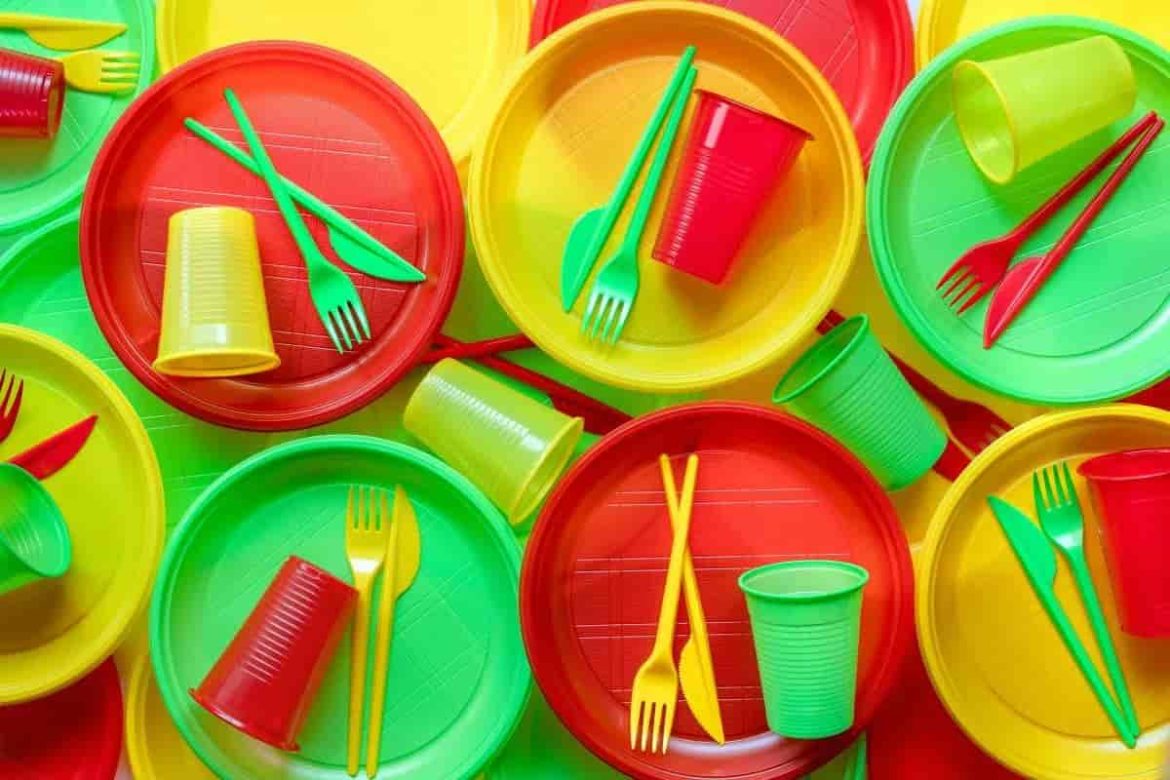

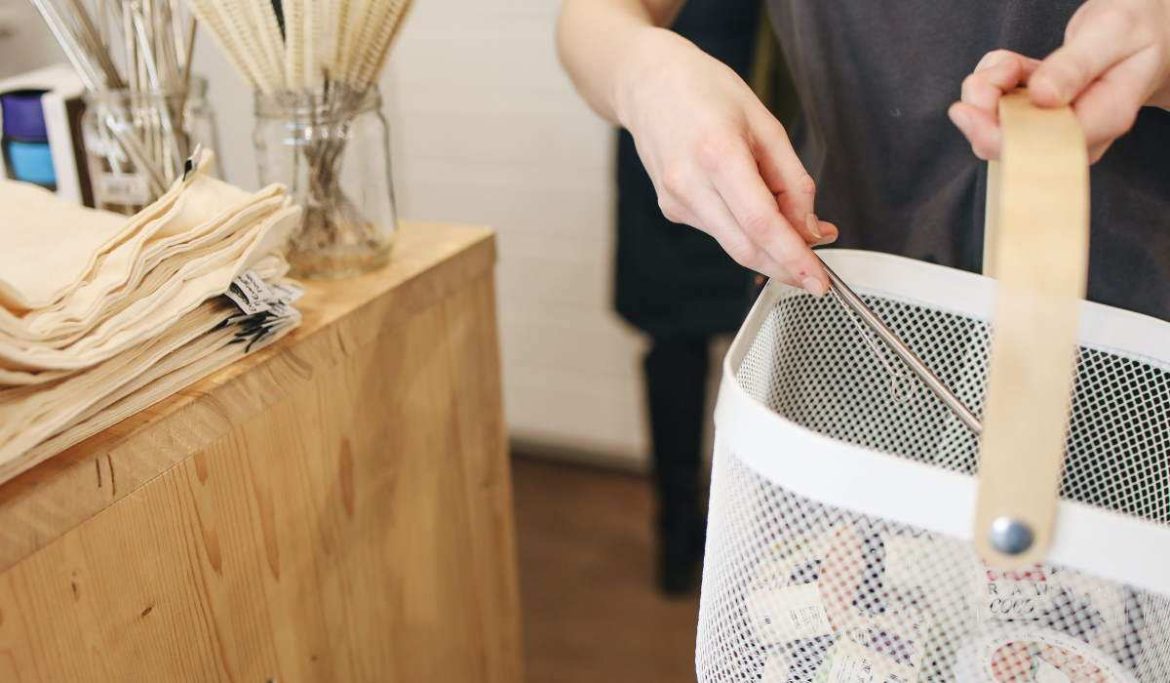

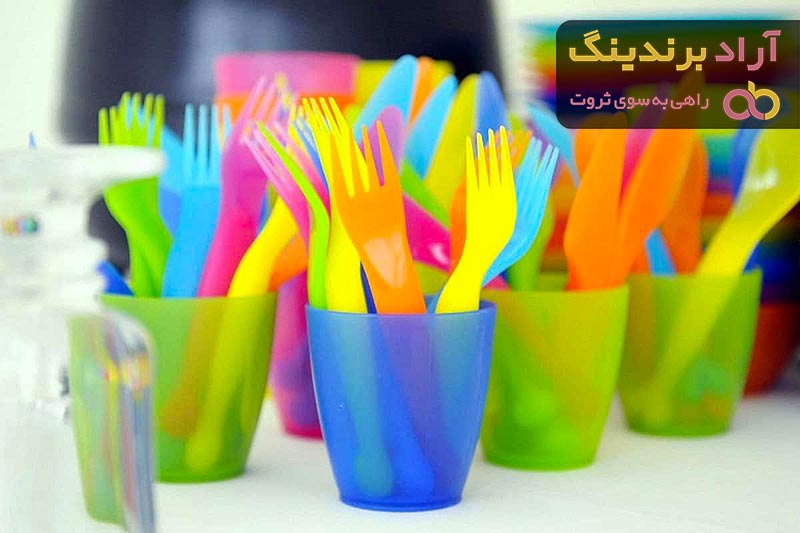
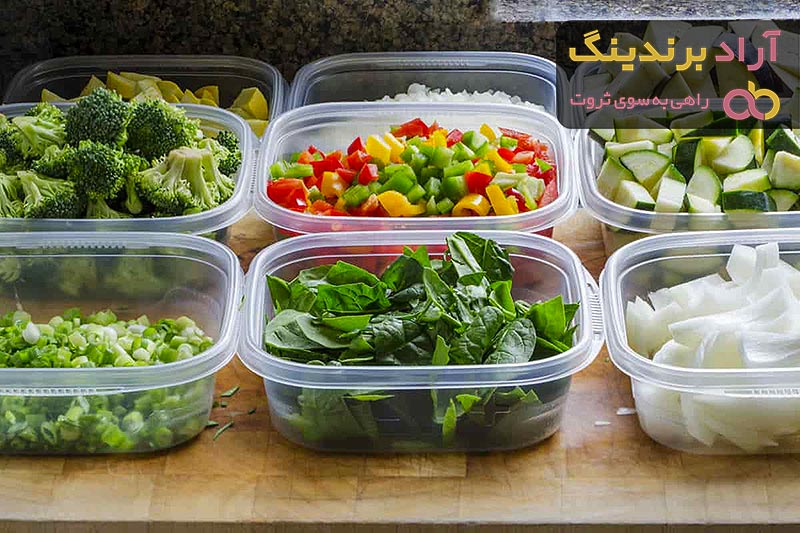

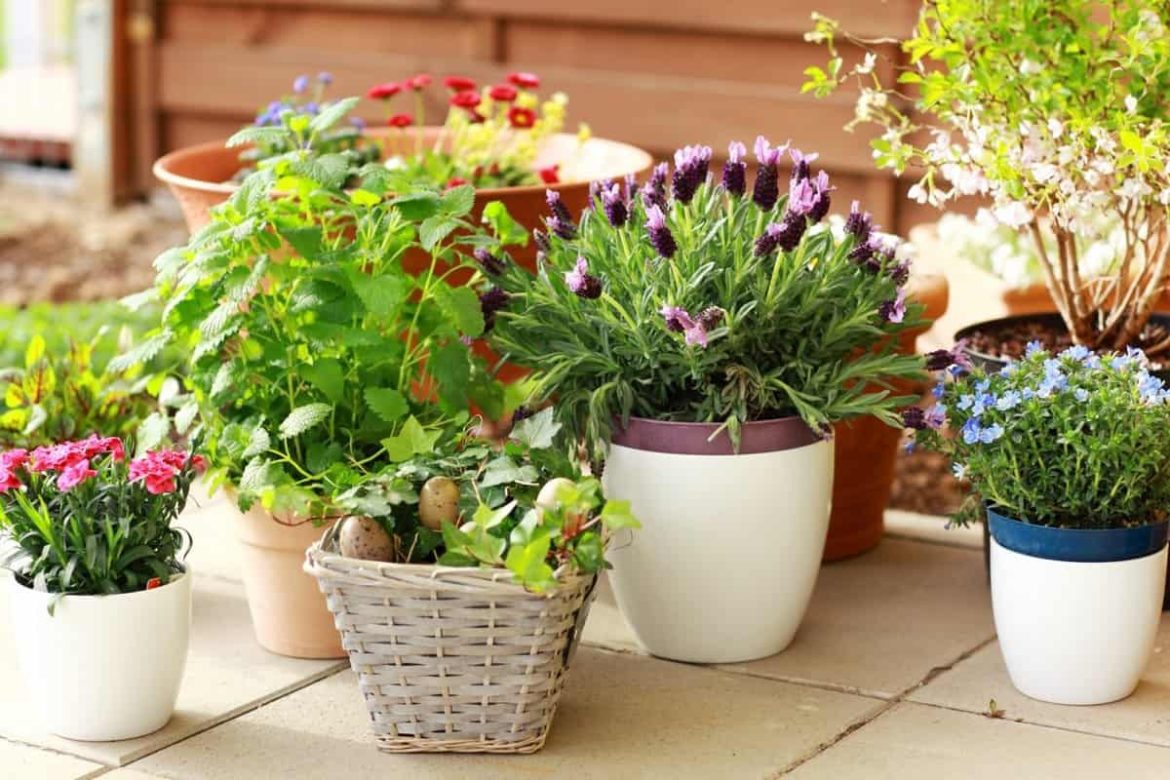
Your comment submitted.